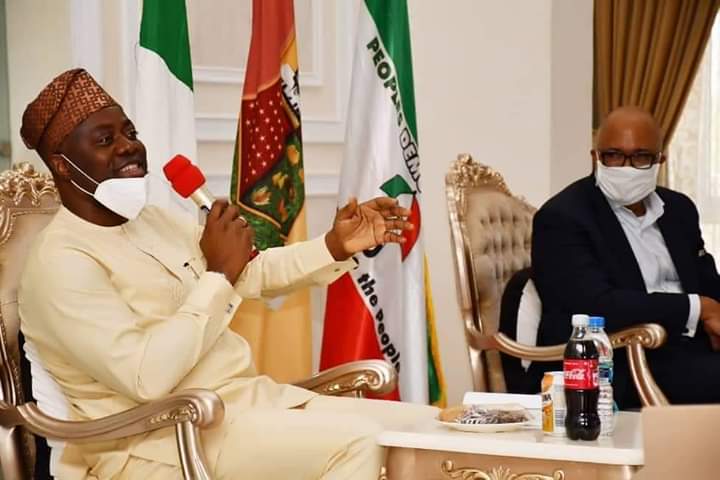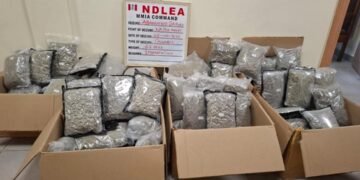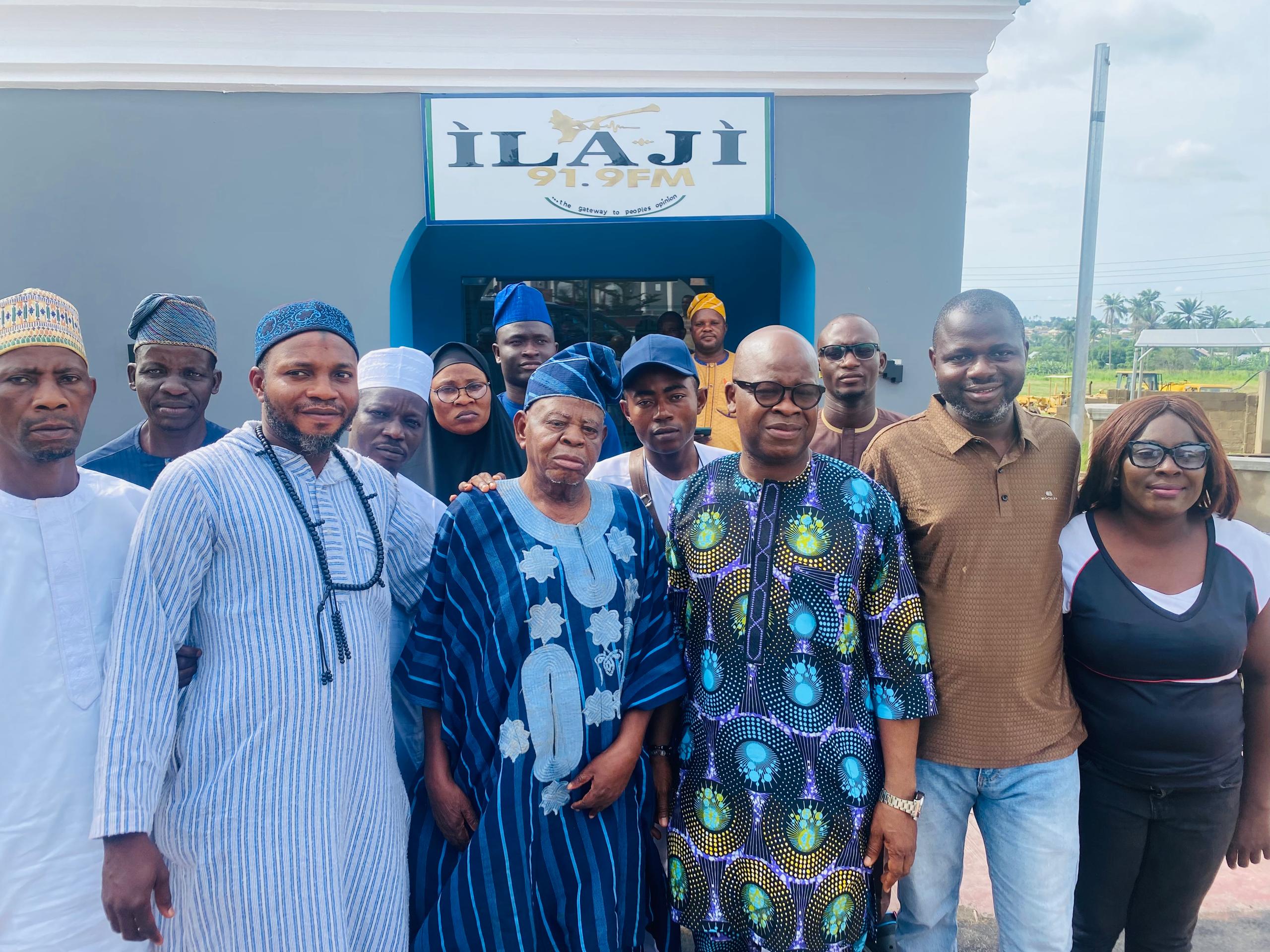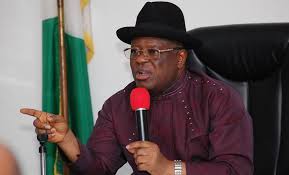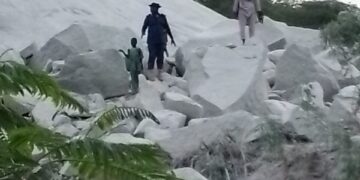Oyo State governor, Engineer Seyi Makinde, on Tuesday, hosted officials of the Nigeria Centre for Disease Control (NCDC) and the World Health Organisation to a courtesy visit, during which the parties explored ways of stopping the spread of COVID-19 in the State.
Governor Makinde, who received the officials led by the Director-General of NCDC, Dr. Chikwe Ihekweazu and the Country Representative of the WHO, Dr. Fiona Braka, at the Government House, Agodi, Ibadan, demanded the certification of more testing centres for the state.
He said that the certification of more testing centres in the State would enable the State realise its ambition to ramp up the testing of at least 10,000 persons for COVID-19 within a short time.
A statement by the Chief Press Secretary to Governor Makinde, Mr. Taiwo Adisa, indicated that the governor appreciated the NCDC for the job it has been doing nationally since the outbreak of the novel Coronavirus in Nigeria, adding that Oyo needed the support of the NCDC to certify more diagnostic centres in the State.
He said: “We believe in science and logic. We need your support. Though we have a laboratory that you have already certified, we also feel that the laboratory at International Institute for Tropical Agriculture (IITA) needs to be certified.”
According to Makinde, Oyo State has taken the challenge of fighting COVID-19 seriously by assembling the best brains and putting up the right health infrastructure to help in the fight against the virus.
Makinde also used the opportunity of the visit to appreciate experts whom he said have been making different contributions to the State’s fight against COVID-19.
He said: “I want to thank you for the work you are doing nationally in this country. The infrastructure for infectious diseases nationally is very weak. So, we have all had to ramble and ensure that we get ready to tackle the challenges we are faced with.”
He further said: “We know that for us to be able to identify how the virus is behaving within our environment and community, we have to do more testing and structure it in such a way that if we pull in all of the results, we can map the State. For example, to date, about 45 per cent of the positive cases we have had in Oyo State is from UCH.
“So, I asked the team to meet with the UCH management yesterday so that we can have a common solution. If we need to wall off UCH or take further action, we really want to know but the only way we can map out the State and confidently say of how the virus is behaving. And even if we want to open up fully for economic activities, we want to be able to do it utilising logic and signs.”
While speaking during the visit, the NCDC Director-General said he led the NCDC and WHO teams to Oyo State to show that on a technical side, there was the need to share ideas, noting that the novelty of the virus made sharing and learning imperative.
Ihekweazu, who commended Makinde’s leadership, which he said has been obvious across the country, said the NCDC teams were impressed with the commitment of the governor and his team across all aspects of response to COVID-19.
He said: “I am happy to be here with the officers in charge of the WHO, and we are really impressed by the commitment of the Executive Governor and his entire team across all aspects of the response; from the laboratory at UCH, the public health team and the treatment centre that we have seen here.
“We have seen all components of the response really beginning to come together. We now have to make these things functional, find a way of keeping them going and learn from one another as we progress in this response.
“I am impressed with the commitment of the state government and all the resources in the State. I am happy that people are coming together across the federal and state institutions in Oyo State. And I think working together with WHO support, the NCDC support and all aspects of government, we can really create a great example for the country here in Ibadan.
“We have sat together earlier. We discussed, identified and exchanged ideas on some areas that need improvement. The key thing for this treatment centre is to get things started; to get the first set of patients in and try whether the systems move. You can never know how good a house is until someone is living inside. So, we have to bring in the first patients and make sure that everything works fine and we can grow from there.
“I think this centre will serve Nigeria, not just Oyo State. It will serve the entire country for many years to come for all sorts of infectious diseases, for research, for diagnosis and for care.
“So, I really look forward to coming back here in a few months and seeing a vibrant centre with staff, patients, researchers and activities happening. I leave Oyo State very gratified with the progress made, and I am very grateful for all of you and the good people of the state.”



